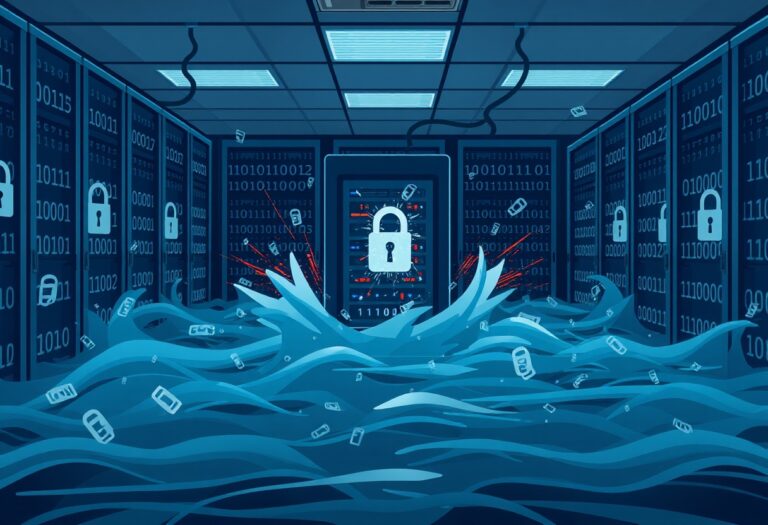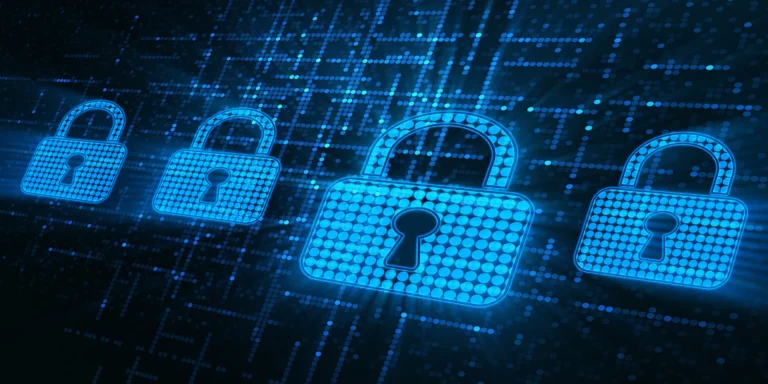— A New Dimension of Cyber Warfare
A recent attack involving the explosion of hundreds of pagers across Lebanon and parts of Syria has marked a significant escalation in the ongoing conflict between Hezbollah and Israel. This incident, which resulted in at least 09 deaths and over 2,800 injuries, shows how warfare is changing with the use of cyber technology.
Background of the Attack
On a recent Tuesday (17 Sep) afternoon, electronic pagers used by Hezbollah members exploded almost at the same time. The explosions mainly hit areas where Hezbollah is strong, like the southern suburbs of Beirut. These pagers were part of a new batch that Hezbollah thought would be safer than mobile phones, which can be easily monitored by Israel. The devices were acquired months before the attack and were believed to be secure from Israeli surveillance.
Suspected Culprits and Motives
- Accusations Against Israel — Hezbollah and Lebanese officials have blamed Israel for the attack. Information from CNN indicates that the assault was a collaborative effort between Israel’s intelligence agency, Mossad, and its military forces. However, Israel has not publicly addressed the incident.
- Strategic Context — The attack is believed to be part of Israel’s larger plan to stop Hezbollah from attacking while it’s also dealing with conflicts involving Hamas and other groups supported by Iran.
Technical Aspects of the Attack
- It’s not clear exactly how the attack was carried out. Some reports suggest that explosives were hidden inside the pagers and set off remotely.
- There’s speculation that the pagers might have been tampered with during production or hacked remotely. Some experts think malware could have been used to make the pager batteries overheat and explode.
Implications for Cyber Warfare
- Shift in Warfare Tactics: This attack highlights a big change in how wars are fought, showing that cyber tools can turn everyday devices into deadly weapons.
- Vulnerability of Communication Devices: Using pagers—thought to be safer than smartphones—shows that no device is completely safe from cyber attacks.
Strategic Consequences
- Tensions Between Hezbollah and Israel
The explosions have increased tensions between Hezbollah and Israel, which could affect stability in the region. - Potential for Escalation
Such actions could lead to a larger conflict, involving allies on both sides.
Official Statements
Israel’s Position
Israel has not made any official comments about the pager explosions. The Israeli Defense Forces (IDF) have stayed silent on this matter.
Lebanon’s Response
Lebanon’s Response
The Lebanese government, along with Hezbollah, has blamed Israel for the explosions. Lebanese officials call it a major security breach and accuse Israel of committing a “criminal act” against Hezbollah members and civilians. In response, Lebanon’s Ministry of Health has advised people to avoid using wireless devices and has put hospitals on high alert due to the high number of casualties.
How Cyber War is Changing the World?
Cyber warfare is fundamentally changing the nature of conflict by integrating digital attacks with traditional military operations. This integration blurs the lines between conventional and unconventional warfare, requiring new strategies and doctrines for national defense. As technology continues to advance, the role of cyber warfare in global conflicts is expected to grow, necessitating a reevaluation of security measures and international norms.
Israeli Politics in Cyber Warfare
Cyber warfare plays a significant role in Israeli politics, influencing both national security strategies and international relations. As a technologically advanced nation with robust cyber capabilities, Israel often finds itself at the forefront of cyber conflicts in the region. The country’s focus on cybersecurity is driven by its geopolitical situation, surrounded by hostile entities that pose constant threats.
In this context, cyber warfare is not only a tool for defense but also an instrument for preemptive strikes against perceived threats like Hezbollah. This approach allows Israel to disrupt potential attacks before they materialize physically. However, such actions also contribute to escalating tensions with neighboring countries and complicate diplomatic efforts aimed at achieving regional stability.
How does Israel’s Cyber Warfare Strategy Influence its National Security Policies?
Israel’s cyber warfare strategy significantly influences its national security policies by integrating advanced cyber capabilities into its defense and intelligence operations. This strategy is shaped by several key factors:
1. Defensive and Offensive Capabilities
Israel has developed a robust cyber defense infrastructure to protect its critical national assets from cyber threats. This includes safeguarding governmental and civilian sectors against potential attacks. On the offensive side, Israel employs cyber warfare as a strategic tool to preemptively disrupt threats from hostile entities, such as Hezbollah. This dual approach enhances Israel’s ability to maintain national security and deter adversaries.
2. Unit 8200
A cornerstone of Israel’s cyber strategy is Unit 8200, a secretive and highly skilled cyber warfare unit within the Israel Defense Forces. This unit is responsible for intelligence gathering, cybersecurity operations, and developing cutting-edge technologies. The expertise and innovations emerging from Unit 8200 contribute significantly to Israel’s overall cyber capabilities, influencing national security policies by providing advanced tools for both defense and intelligence.
3. Cyber Prowess as a National Asset
Israel’s rise as a global leader in cyber warfare is not only a testament to its technological advancements but also serves as a strategic asset in international relations. By positioning itself as a cyber power, Israel can leverage its capabilities to forge alliances, participate in international cybersecurity initiatives, and influence global cybersecurity norms.
4. Comprehensive Cyber Strategy
Israel’s national cyber security strategy encompasses both domestic and international dimensions. Domestically, it focuses on building resilient cyber infrastructure and fostering innovation in cybersecurity technologies. Internationally, Israel engages in capacity-building efforts and collaborates with other nations to enhance global cybersecurity resilience.
Overall, Israel’s cyber warfare strategy is deeply intertwined with its national security policies, emphasizing the importance of both defensive measures and offensive capabilities to address the complex landscape of modern threats.
Bottom Line
The deadly pager explosions in Lebanon and Syria represent a new dimension of cyber warfare, illustrating how digital tools can be weaponized to cause physical harm. This incident highlights the vulnerability of communication devices and marks a significant escalation in the conflict between Hezbollah and Israel.
As cyber warfare becomes increasingly integrated with traditional military operations, it necessitates a reevaluation of national security strategies and international norms. Israel’s use of cyber capabilities as both a defensive and preemptive tool underscores its influence on national security policies, while also contributing to regional tensions and complicating diplomatic efforts for stability.
At CTM, our researchers are keen to explore such incidents to better understand the cyber threats posed to global security and how digital vulnerabilities can be exploited in warfare. This article provides critical insights into the risks of emerging cyber-attacks.
Stay Updated! Stay Safe!



